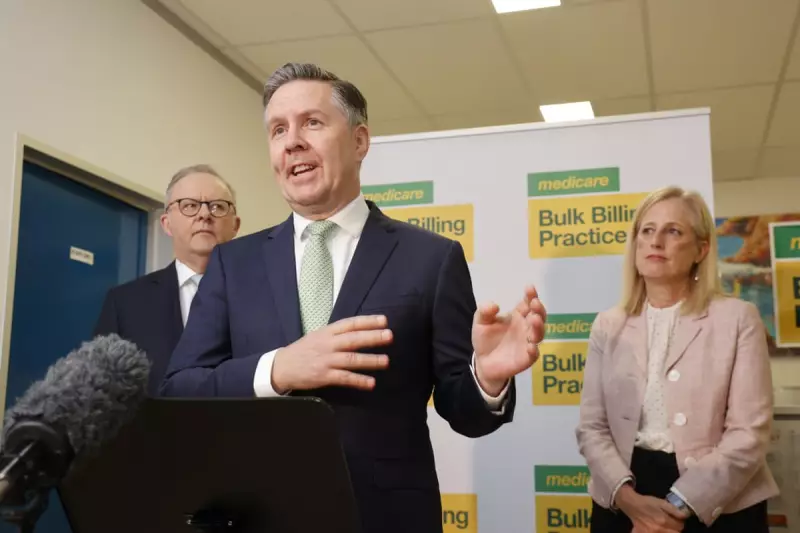
Australia's healthcare system is facing a critical juncture as general practitioners nationwide deliver a damning verdict on the federal government's latest Medicare bulk-billing scheme. Medical professionals warn that despite government assurances, the proposed changes fail to address fundamental funding issues that could see patient costs escalate and practice viability threatened.
Doctors Decry 'Inadequate' Funding Model
Leading medical bodies have expressed profound disappointment with the newly announced initiative, describing it as a missed opportunity to rescue Australia's crumbling primary care system. The Royal Australian College of General Practitioners has joined other prominent healthcare organisations in highlighting significant shortcomings in the proposed funding model.
"What we're seeing is essentially a band-aid solution for a haemorrhaging wound," explained one senior GP from Melbourne. "The financial pressures facing practices mean we simply cannot continue bulk-billing all patients without adequate government support."
Patient Impact: The Real Cost of Healthcare Gaps
The consequences for everyday Australians could be severe. Medical professionals predict that without substantial reform:
- Out-of-pocket expenses for consultations will inevitably rise
- Waiting times for appointments may increase significantly
- Some practices might be forced to reduce bulk-billing entirely
- Vulnerable patients could delay seeking necessary medical care
A System Under Strain
General practice has been operating under increasing pressure for years, with Medicare rebates failing to keep pace with the rising costs of delivering quality care. The new scheme, according to healthcare experts, does little to bridge this growing gap between service costs and government reimbursement.
"We're at a tipping point," warned a rural practitioner from Queensland. "Many clinics are already operating at a loss for bulk-billed patients. Without meaningful change, we risk seeing more practices close their doors, particularly in regional areas."
Government Response and Future Implications
While the federal government has promoted the scheme as a significant investment in Medicare, the medical community remains sceptical. Doctors argue that the funding injection, while welcome, falls short of what's needed to ensure the long-term sustainability of bulk-billing.
The situation raises critical questions about the future of affordable healthcare in Australia and whether the system can continue to provide universal access without substantial structural reform.





